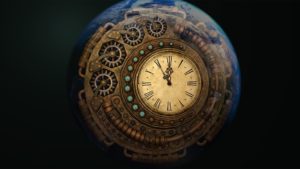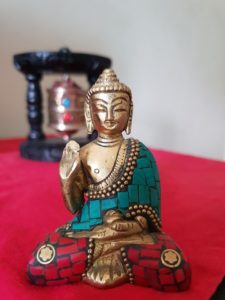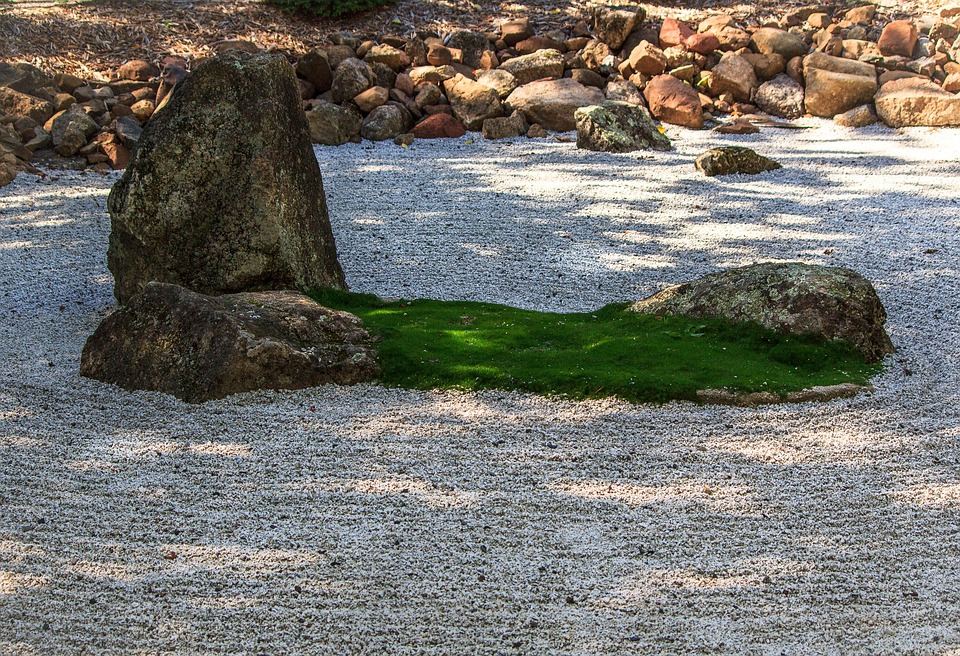Dependent Origination
At the heart of Buddhism is the concept that one thing causes another. This idea of a causal connection can be found in very special teaching peculiar to Buddhism known as dependent origination (or paticca-sammuppada). In short, the origin of one thing is dependent on what preceded it. – there is a causal connection. This concept incorporates some of what we have already covered on this course aspects of the four noble truths, and the concepts of rebirth, karma, and not-self. According to this teaching, there is a cycle of twelve links that show the process of being born, developing as an individual, dying and then being reborn. The cycle is as follows:
A. The Past
1. Ignorance. In a previous life, an individual has lived in a state of ignorance, with a tendency towards craving. In other words, they have not reached Nibbana, the state of full enlightenment.
2. Karmic Actions. Consequently, actions for good and/or ill sow the seeds which will later come to fruition in the nature of the conditions one is born into.
B. The Present
3. Consciousness. With rebirth, there is consciousness, an awareness of one’s existence.
4. Mental and Physical Existence. This is followed by the development of mental and physical characteristics.
 5. Sense Organs. The sense organs now develop.
5. Sense Organs. The sense organs now develop.
6. Senses Impressions. The senses begin to receive information about the world around them.
7. Feeling. There is now some judgment made on the nature of these sense impressions pleasant, unpleasant or neutral.
8. Craving. Now some desire for pleasurable feeling develops (and/or desire to avoid unpleasant feeling). This, once again, begins to sow the karmic seeds which will result in a future rebirth (see 1).
9. Clinging. Desire now turns into something stronger attachment to pleasure and avoidance of pain. Further karma created.
10. Process of Existence. Being born, growing old and dying, the process which will determine future rebirth is now established.
C. The Future
11. Rebirth. One is reborn and the process begins again leading to
12. Death and Decay. The end of life, leading to number 3.
 With this relatively complex formula, he Buddha shows that nothing arises of its own accord, there is always an underlying cause or condition. As long as there is ignorance, karma will be created and a being will be reborn. And so this cycle continues.
With this relatively complex formula, he Buddha shows that nothing arises of its own accord, there is always an underlying cause or condition. As long as there is ignorance, karma will be created and a being will be reborn. And so this cycle continues.
The only thing that is unconditioned’ or causeless’ is the state of Nirvana. To achieve Nirvana is to bring this ongoing cycle to an end. With the destruction of ignorance, no more karma is created. This is removed by the destruction of craving (number 8), which the Buddha pointed to as the cause of suffering and the reason why we continue in the cycle of life, death, and rebirth.





